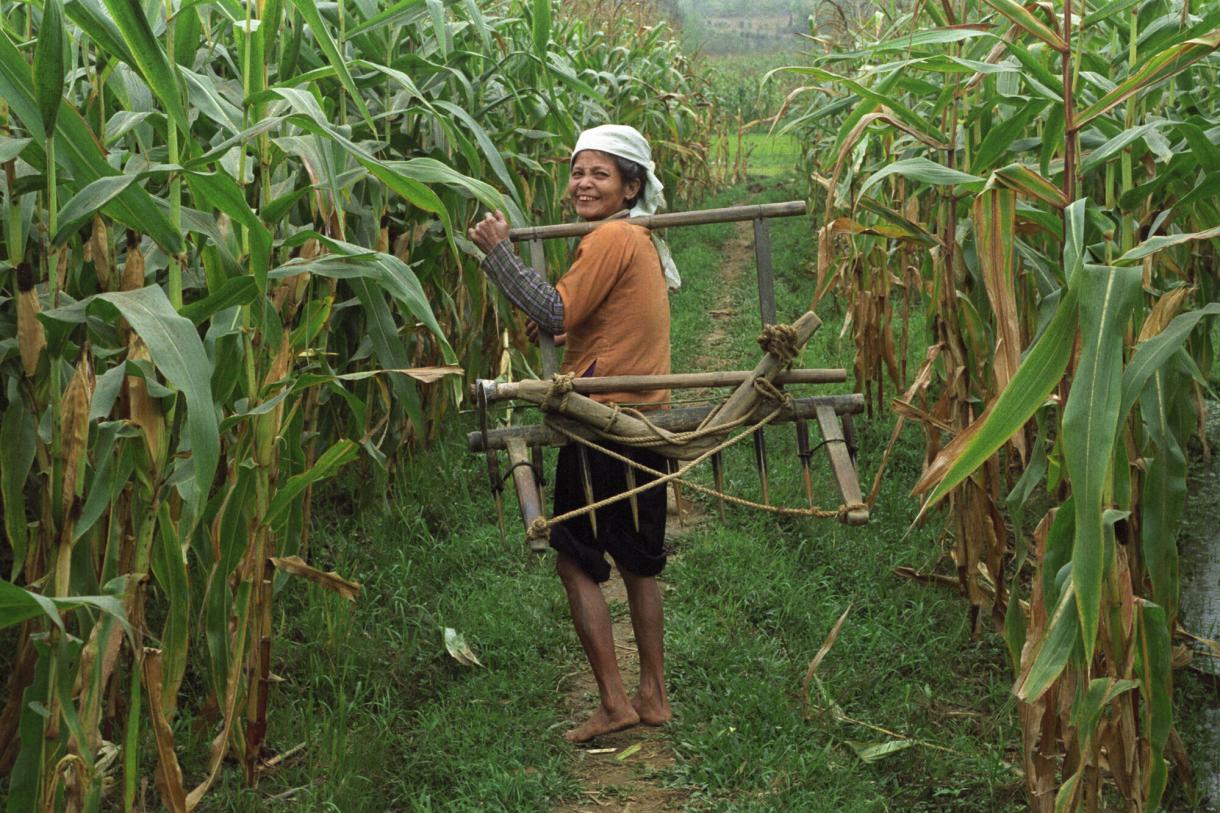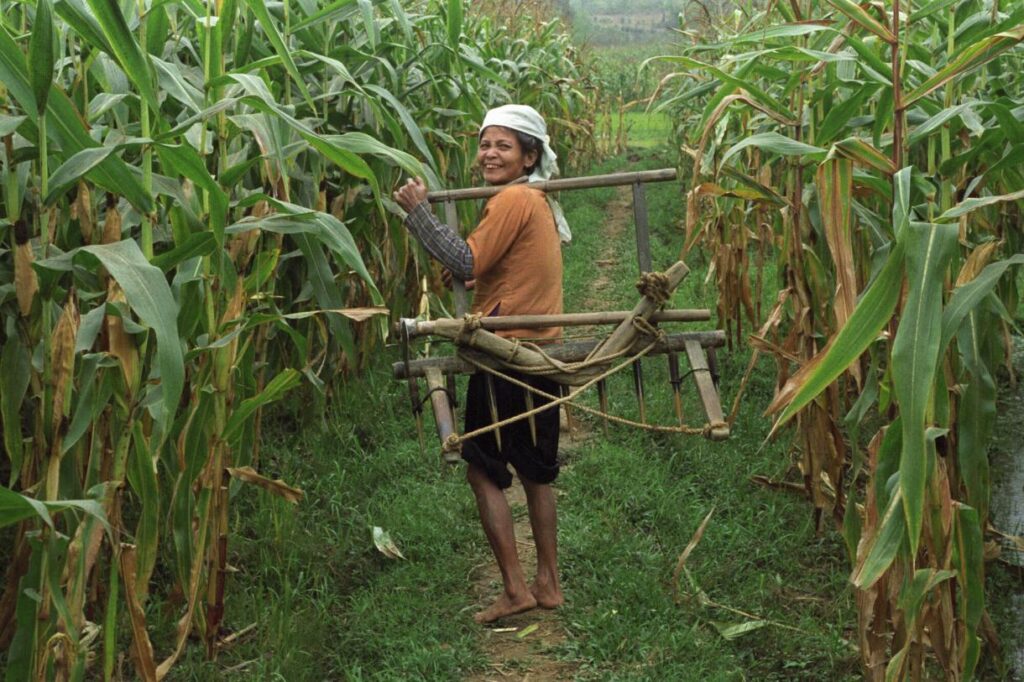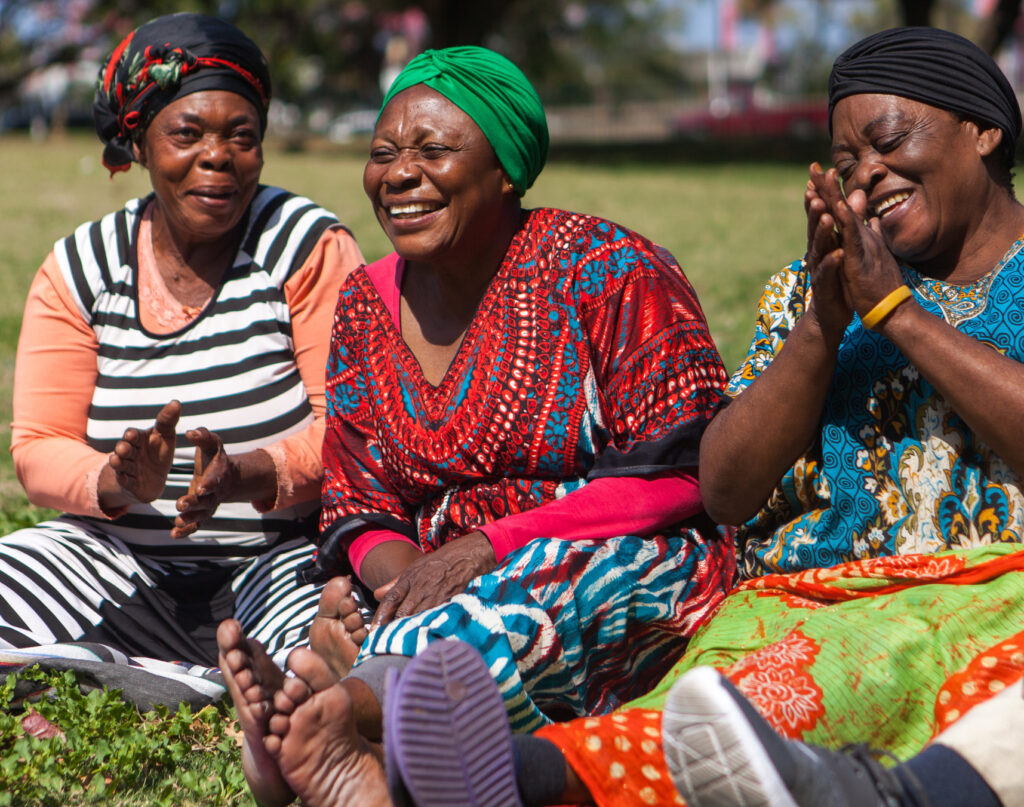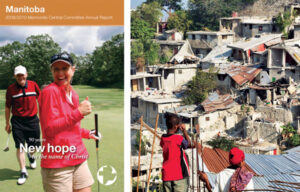During the COVID-19 pandemic, Mennonite Central Committee (MCC) has scaled up its work to respond to the global crisis, increasing projects related to water, hygiene and sanitation (WASH), local health initiatives and food relief.
But given the negative economic effects of COVID-19, including funding uncertainties, travel restrictions and other factors, it has made strategic decisions regarding other programming to ensure that its core mission remains strong in challenging times and continues to benefit some of the world’s most vulnerable people.
International program closures
MCC will end all programming in South Africa, Lesotho and Eswatini (formerly Swaziland), effective March 2021, after working in southern Africa since 1971. In the last five decades, MCC’s work with local partners has increased food security in selected communities of Lesotho, improved health and education in Eswatini, provided for the immediate needs of refugees in South Africa and contributed toward building resilient and peaceful communities.
Programming activities in Vietnam will also be completed by March 2021. Its work there began in 1954 with emergency relief for families displaced during the country’s civil war. Peacebuilding efforts followed, promoting reconciliation between the United States and Vietnam. More recently, it has worked with local partners to help families affected by Agent Orange, providing training in occupational therapy and increased livelihoods.
Programming in China will end effective July 2020. Since 1982, MCC has regularly placed English teachers through Mennonite Partners in China (MPC); facilitated the participation of Chinese young adults in MCC’s International Volunteer Exchange Program (IVEP), helping them learn and grow through short-term volunteer placements in Canada and the States; and supported social assistance projects.
“We’re grateful for the dedicated and passionate service of MCC staff in all these locations, both past and present” says Mark Epp, co-director of MCC’s international program. “These women and men have built long-lasting and caring relationships with local partners and communities. That’s the beauty of our partnership model: those relational ties have a lasting and ongoing impact.”
“We know our local partners will continue to do the good work of serving their communities and finding innovative solutions in their local context,” adds Ruth Keidel Clemens, co-director of the international program. “We are grateful for all the gifts and expertise they have shared with MCC over the decades.”
Other international changes
Administrative oversight for programming in the remaining 17 African countries where MCC works will be consolidated, falling to two area director couples rather than three.
Administration of MCC programming in Honduras and Nicaragua will be consolidated in July 2020. Administration of programming in Tanzania and Kenya will also be consolidated, with timing still to be determined. MCC representatives in Nicaragua will lead MCC’s ongoing work in both Honduras and Nicaragua. MCC representatives in Kenya will lead MCC’s ongoing work in both Tanzania and Kenya.
Administration of MCC programming in several Middle Eastern countries will be restructured, eliminating one representative role. MCC representatives in Lebanon will take on oversight of project work in Iraq, in addition to Lebanon and Syria. MCC representatives in Palestine and Israel will take on oversight of project work in Jordan.
MCC’s work in West Europe also will undergo administrative transition, with the representative role ending in July 2020. MCC area directors for the region will assume responsibility for the work, which is primarily focused on building connections with Anabaptist churches and agencies in eight countries.
“While these weren’t easy decisions, they were necessary” says Clemens. “MCC anticipates a decrease in overall income due to COVID-19, with the temporary thrift shop closures, relief sale cancellations, a decline in the Canadian exchange rate, and the general effects of COVID-19 on the economy. Though painful, programming changes were necessary.”
“These decisions were also informed by MCC’s core mission and new set of strategic directions,” adds Epp, “which were put in place by the Canada and U.S. boards to shape the next five years of our work. Guided by those directions, we want to focus on the most vulnerable communities where we can have the most impact. Our goal is to live more deeply into our core mission as funds allow.”
With these closures and transitions, at least 13 positions will end in the current fiscal year. MCC is working with these staff members to help them transition well and is grateful for their inspiring commitment to serve.
Cancellation of IVEP in Canada this year
IVEP in Canada has been cancelled for the 2020-21 year (August through July), resulting in the elimination of all previously announced volunteer placements throughout the provinces.
“While we had hoped we could carry the program forward this coming year in Canada, this is no longer the case,” says Rick Cober Bauman, MCC Canada’s executive director. “Uncertainties around securing visas and travel plans, as well as reduced financial resources led us to this disappointing decision.”
Engaging young adults remains a priority for MCC, and plans are still in place to host IVEP volunteers in the U.S. for the 2020–21 year. As well, other short-term service programs for young people will move forward as planned, although some with shortened assignments. For more information, visit mcccanada.ca.
Shifts in Canada and U.S. domestic work
In the U.S. and Canada, MCC’s domestic program faces many of the same challenges as its international work, with uncertain funding and ongoing travel restrictions.
In response, some layoffs—both temporary and permanent—have occurred and open jobs will remain unfilled for the foreseeable future.
MCC is also applying other tools to help reduce overall expenses, including employee compensation reductions, deep cuts in travel and training, and additional reductions in multiple budgets. It will continue to monitor funding and expenses, and may make necessary further cuts to international and domestic programs, as well as operations.
Related stories:
MCC set to address COVID-19 threats
Four ways MCC is responding to COVID-19
Bread in many forms
Compelled by Christ to serve











Leave a Reply
You must be logged in to post a comment.